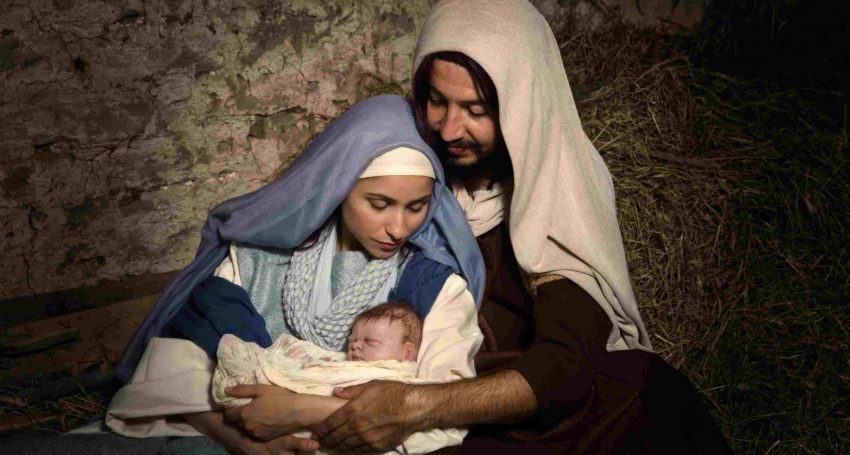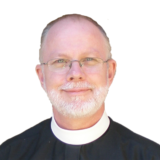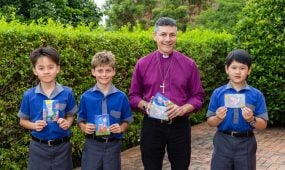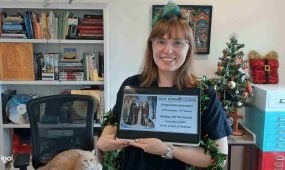"You have come to us as a small child"
Dates & Seasons
“Bernard of Clairvaux and his Cistercian order led the rediscovery of the importance of Christmass as the celebration of God coming amongst us; the celebration of the incarnation, of the Word made flesh, to pick up the imagery to be found in John 1,” says The Very Rev’d Dr Peter Catt

Let your goodness Lord appear to us, that we,
made in your image, may conform ourselves to it.
In our own strength we cannot imitate your majesty,
power, and wonder nor is it fitting for us to try.
But your mercy reaches from the heavens
through the clouds to the earth below.
You have come to us as a small child,
but you have brought us the greatest of all gifts,
the gift of eternal love.
Advertisement
Caress us with your tiny hands,
embrace us with your tiny arms and
pierce our hearts with your soft, sweet cries.
Bernard of Clairvaux (1090-1153)
For the first thousand years of the Church, Christmass was not regarded as an important Feast. The main focus of the Church in those days was Easter. It was the church of the risen Jesus.
Bernard of Clairvaux and his Cistercian order led the rediscovery of the importance of Christmass as the celebration of God coming amongst us; the celebration of the incarnation, of the Word made flesh, to pick up the imagery to be found in John 1.
This renewed interest in Christmass was pushed along by Francis of Assisi.
In 1223 Francis decided to celebrate Christmass in the small village of Greccio, which is located just outside Rieti in the Lazio region of Italy. In a small cave chapel he constructed the first nativity scene. The entire village attended the celebration, which was held on Christmass Eve and included the Eucharist. It was probably the first Christmass Midnight Mass.
Advertisement
Francis’ biographer, Bonaventure, records the story in such a way as to imply that the trees and creatures joined in the celebration.
The story of Francis always invites us to recognise the connectedness of creation and our relationship with the other creatures that share this planet with us. At Christmass he invites us to see the birth of Jesus as an event that all creatures can celebrate. As we sing in Joy to the World…”Let heaven and nature sing!”






